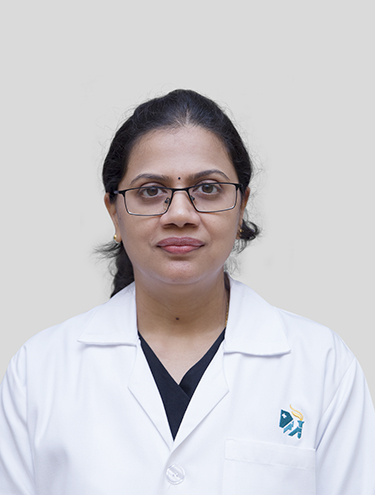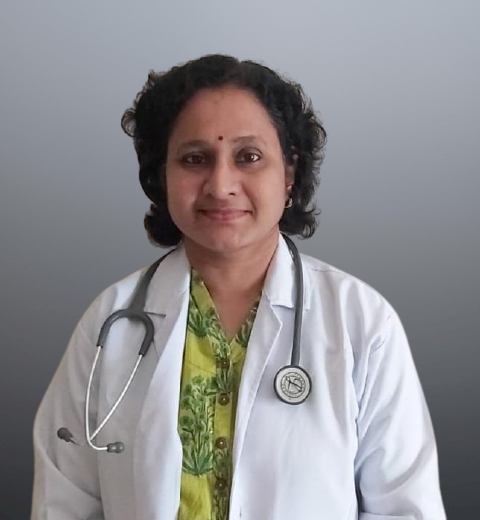Best Doctors for Rectal prolapse in Chennai
Rectal prolapse is a medical condition where the rectum, the final portion of the large intestine, protrudes through the anus. This condition typically arises from weakened pelvic floor muscles and ligaments, often due to factors such as chronic constipation, childbirth or pregnancy strain, neurological disorders, or ageing. The consequences of rectal prolapse can be uncomfortable, leading to issues like difficulty controlling bowel movements, bleeding, and pain.
Chennai has its share of cases related to rectal prolapse. Patients in Chennai have access to some of the best doctors and surgeons specialising in treating rectal prolapse at Apollo Hospitals.









 Call Now
Call Now








